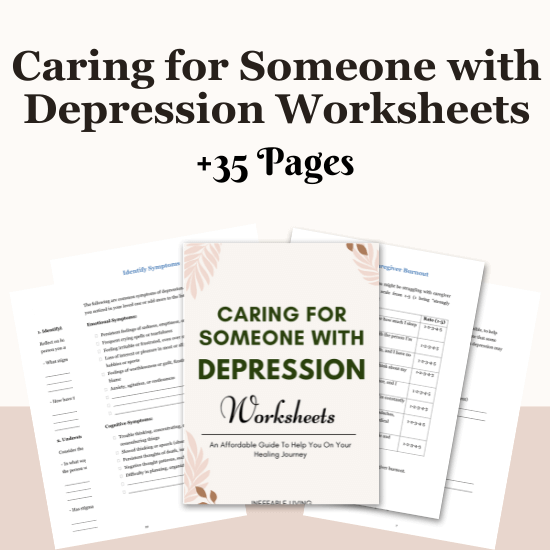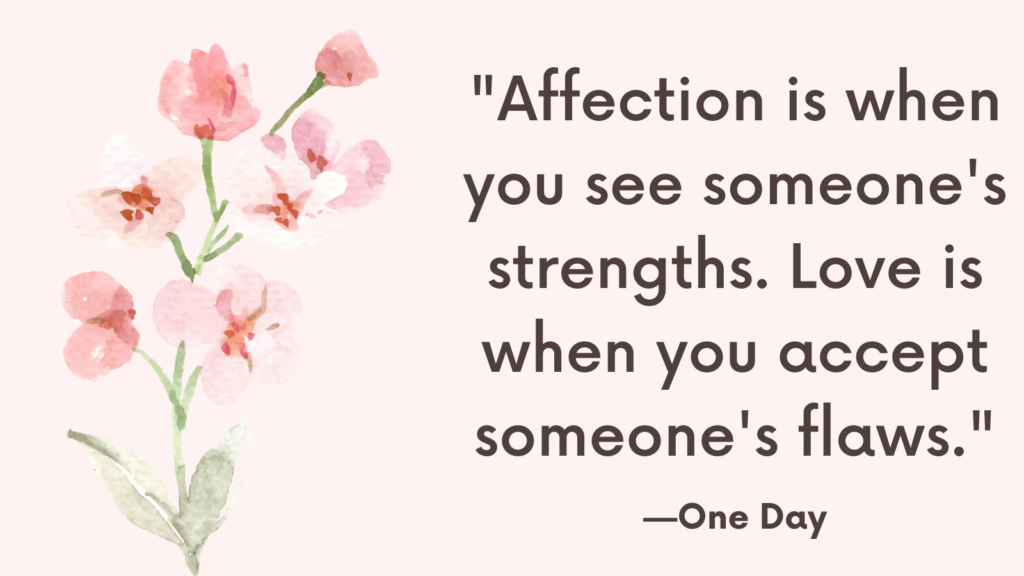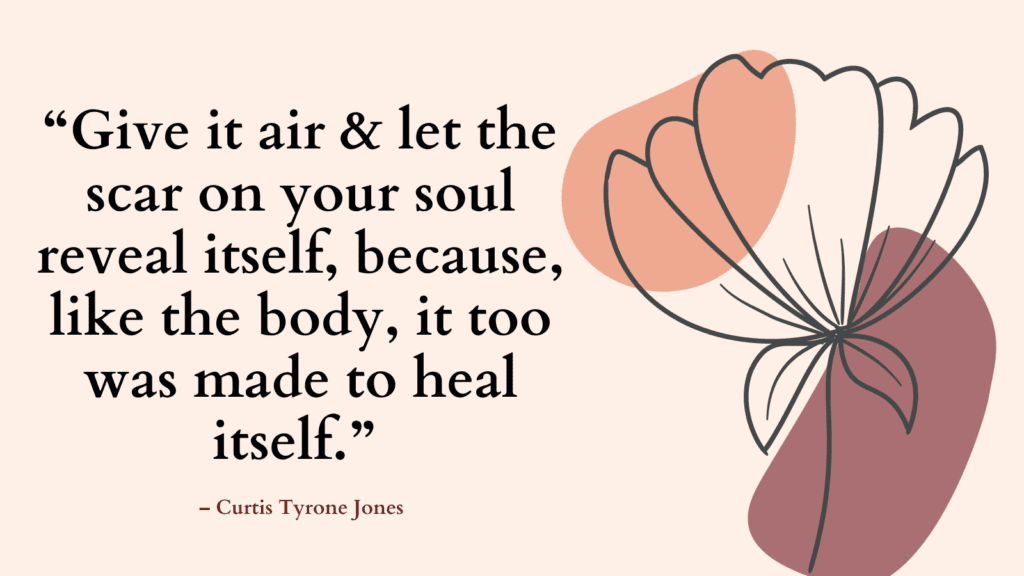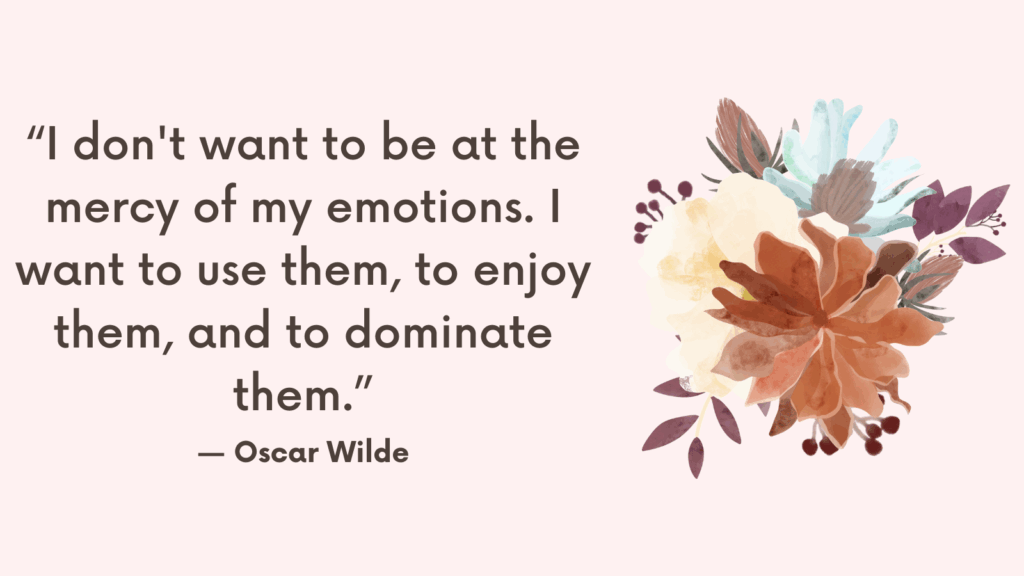In this post, you’re going to learn how to date with anxiety (or any other mental health issue).
Dating can be a challenging endeavor for anyone, but for those dealing with anxiety or other mental health issues, it can feel particularly daunting.
The pressure to make a good impression, the uncertainty of new relationships, and the inherent challenges of intimacy can all trigger anxiety symptoms.
However, with the right strategies and mindset, dating can be navigated successfully, even with anxiety or other mental health concerns.
How To Date With Anxiety (Or Any Other Mental Health Issue)?
1. Recognize Triggers
Begin by identifying specific situations within the dating process that trigger your anxiety.
Is it the anticipation of a first date? The fear of rejection?
Understanding your triggers can help you prepare and implement strategies to manage them effectively.
2. Acceptance and Self-Compassion
Accepting your anxiety as a part of your current experience is crucial.
Practice self-compassion by acknowledging that it’s okay to feel anxious and reminding yourself that anxiety doesn’t define your worth or your ability to be loved.
Related: Rejection Sensitive Dysphoria Test (+FREE Worksheets)
3. Setting Realistic Expectations
Remove some of the pressure by setting realistic expectations for yourself and the dating experience.
Not every date will lead to a relationship, and that’s perfectly normal.
4. Build a Support System
Lean on friends or family for support.
Discussing your dating plans and sharing your experiences can help alleviate anxiety and make the process feel more manageable.
Related: Abandonment Issues Quiz: Do I Have Abandonment Issues?
5. Openness About Your Mental Health
Decide how and when to open up about your mental health.
While you don’t need to disclose on the first date, being honest with a partner as a relationship progresses can build trust and understanding.
6. Communication Skills
Good communication can alleviate many anxieties related to misunderstandings in dating.
Practicing clear and open communication about your feelings and expectations helps foster a healthy relationship.
Related: How to Cope with the Fear of Losing Someone You Love?
7. Planning Ahead
Anxiety can be reduced by having well-defined plans for your dates.
Choose activities that make you feel comfortable or have an element of familiarity.
8. Mindfulness and Grounding Techniques
Learn and practice mindfulness exercises to stay present during dates, which can help reduce anxiety that stems from overthinking past or future worries.
9. Physical Wellness
Regular exercise, adequate sleep, and proper nutrition can significantly impact your mental health and help manage anxiety levels.
Related: Top 10 Signs You’re Putting Up Walls To Protect Yourself
10. Pace Yourself
It’s important to take things at a pace that feels comfortable for you.
Don’t feel pressured to rush into emotional intimacy or physical aspects of a relationship until you are ready.
11. Boundary Setting
Clearly communicate your boundaries to your partner.
Setting and respecting boundaries can prevent feelings of being overwhelmed and help manage anxiety.
Related: Top 10 Emotional Boundaries In Dating You Should Set From The First Date
12. Regular Check-ins
Engage in regular check-ins with yourself and with your partner about how the relationship is impacting your anxiety.
This practice can ensure that issues are addressed promptly, preventing anxiety from building up.
13. Continuous Self-Care
Maintaining your mental health should always be a priority.
Continue with therapy, medication if prescribed, and any self-care routines that support your wellbeing.
14. Relationship Education
Learning more about how relationships work can be empowering and reduce anxiety.
Consider reading books, attending workshops, or even couples counseling to build your relationship skills.
Related: Dating A Highly Sensitive Woman [Ultimate Guide]
15. Patience and Persistence
Every relationship has its challenges, and dating with anxiety is no exception.
Be patient with yourself and persistent in applying your coping strategies.

Why Honesty Around Mental Health Feels So Risky Yet So Vital
The Fear of Rejection
Opening up about your mental health can feel terrifying because it means revealing a side of yourself that might not be accepted. You may wonder, “What if they can’t handle this part of me?” The fear of being left or misunderstood makes honesty feel like a huge emotional gamble.
The Lingering Stigma
Even with growing awareness, societal stigma around mental health still lingers. There’s a fear that being open will label you as “too sensitive,” “unstable,” or “broken.” This internalized shame often causes people to stay silent to avoid judgment.
The Pressure to Appear Strong
In dating, many people want to appear capable, confident, and in control. Admitting you struggle with anxiety, depression, or trauma can feel like showing weakness — especially if you’re still learning to accept those parts of yourself.
The Confusion Around Boundaries
There’s often uncertainty about when and how much to share, particularly in early stages of connection. You might worry about being too vulnerable too soon or that your honesty could be misinterpreted as emotional dumping.
The Challenge of Self-Acceptance
Being honest with someone else starts with being honest with yourself. If you’re still wrestling with guilt, denial, or shame about your own mental health journey, it’s even harder to be transparent with a partner.
Related: 30 Day Social Anxiety Challenge That Will Help You Feel More Confident
Why It’s Also So Vital
It Creates Emotional Safety
When you speak openly about your mental health, it invites authenticity and safety into the relationship. It allows both people to be seen and heard without pretense — a foundation for genuine intimacy.
It Filters Out Emotional Unavailability
Honesty acts as a natural filter. People who are dismissive, judgmental, or emotionally unavailable often walk away — and that’s actually a gift. It helps you avoid investing in connections that aren’t built to last.
It Reduces Shame
Shame thrives in silence. When you share your truth and are still met with care and acceptance, that internalized shame begins to dissolve. Each honest conversation becomes a step toward healing.
It Opens the Door to Support
Your partner can’t support you through what they don’t know about. Openness invites collaboration, patience, and understanding. It transforms the relationship from a solo act into a supportive partnership.
It Deepens Trust and Intimacy
True closeness is built on vulnerability. When you’re willing to be real — even when it feels risky — you give your partner permission to do the same. That mutual trust is what turns chemistry into connection.
Related: How to Relieve Anxiety With 2 Words?
Conclusion
Dating with anxiety or any mental health issue requires courage and self-compassion, but it is entirely possible to have successful and fulfilling relationships.
By understanding your triggers, preparing adequately, and using effective communication, you can not only manage your anxiety but also build meaningful and supportive relationships.
Remember, every step you take towards facing your fears is a victory, regardless of the outcome of a date.



